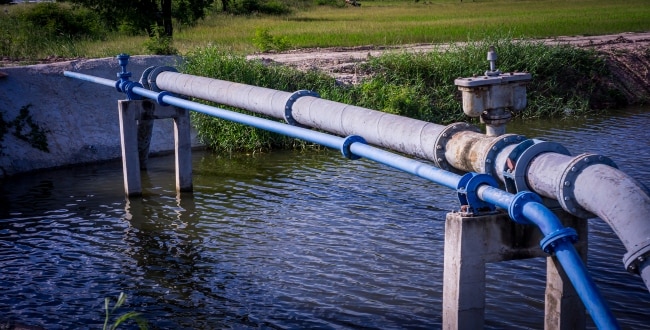1-800-663-4209 | Welcome to our new website, found an issue or bug? Please report it here
- Home
- See Resources
- Blog
We noticed you are in , please visit your local site by clicking the below link for regional offers and support.
Dwyeromega Blog
Featured learning to inspire engineers
HANI Blog : Cream of the Crop
How a New Temperature Monitoring Technology is Quickly Rising to the Top in Food and Bev Manufacturing and Processing
Featured blog >Browse by category
How to Properly Monitor Open Channel Flow
Open channel flow monitoring measures the rate of water or wastewater moving through gravity-fed systems such as flumes, weirs, and open channels. Traditional mechanical methods like staff gauges and floats are being replaced by ultrasonic and hydrostatic level sensors that deliver continuous, precise, and low-maintenance measurement. These modern solutions improve accuracy, reduce field labor, and ensure reliable data for irrigation, stormwater, and wastewater applications.
What are Strain Gauges?
Strain gauges convert mechanical deformation into measurable resistance changes through the piezoresistive effect. Small resistance shifts are detected using a Wheatstone bridge with amplification and temperature compensation. Common types include linear, diaphragm, rosette, torsion, and dual-parallel gauges—each suited to specific stress directions and materials. Used widely in structural testing, load and pressure measurement, and industrial condition monitoring, strain gauges provide precise data essential for safety, performance, and predictive maintenance across engineering applications.



